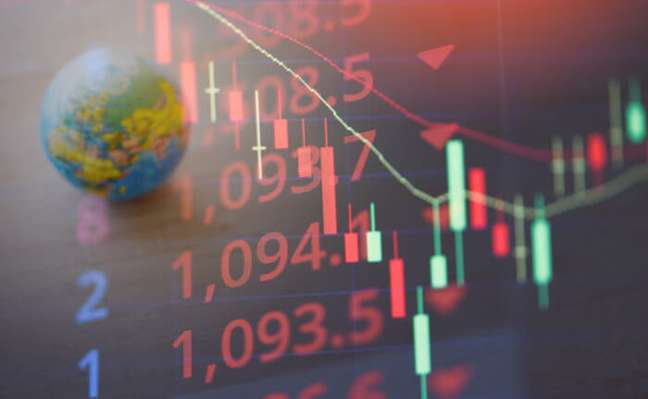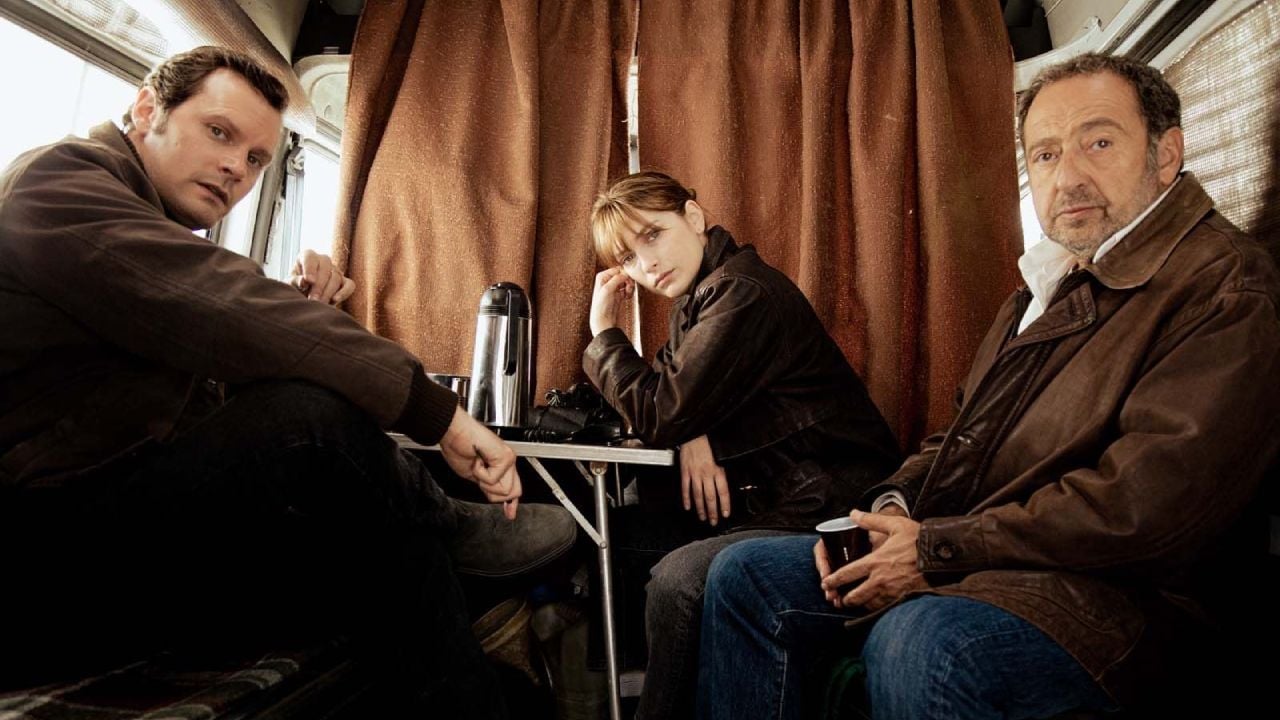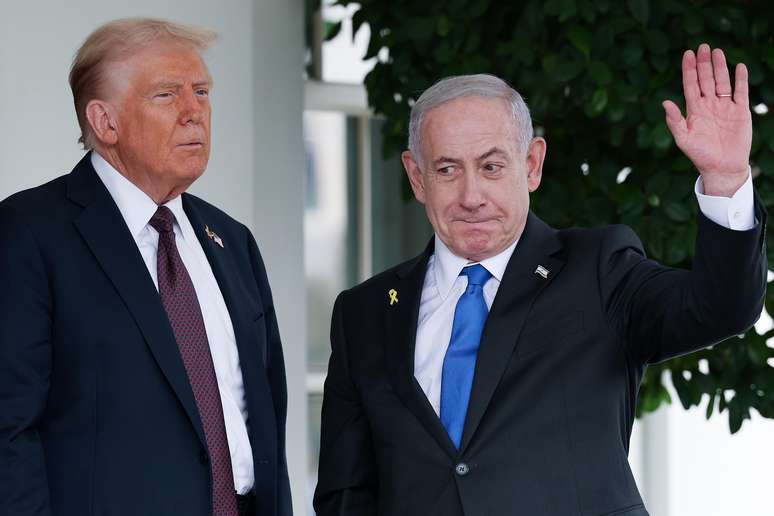Recall some of the main factors that have influenced the global economy and in Brazil

Elections can always strike fear in the market, given the prospect of a change of government and, with it, changes in economic policies. However, also this year, the general climate of apprehension with the demonstrations weighed.
Globally, 2022 now has Europe’s first conflict since WWII, as well as new variants of the Coronavirus. Other than that, we still had a World Cup. Remember the facts that moved the economy.
Elections in Brazil
The election result was well received by the market, as noted by the Brazilian stock exchange. On 3 October, the first trading session after the first round, the stock market closed up 5.5%.
“This was the largest daily increase since April 2020,” said Felipe Pontes, COO of TC Economatica.
He notes that the result showed a tighter ride than the polls indicated, which was welcomed by the market.
A little further on, on Oct. 24, Ibovespa recorded one of the biggest losses of the year, closing down 3.26%. The day before, former federal Deputy Roberto Jefferson assaulted federal police officers who were serving an arrest warrant at his home. The politician was under house arrest, determined in an inquiry investigating threats to the democratic rule of law.
“At the time, the foreign market closed very well, but Brazil was once again affected by internal political problems. That was the day after Roberto Jefferson shot federal police,” Felipe Pontes commented.
War between Russia and Ukraine
On February 24 this year, Russia invaded Ukraine, starting the war in Europe, which is not over yet. In addition to humanitarian issues, the conflict has various repercussions on the world economy, mainly due to the supply of products from both countries.
Russia plays an important role in the supply of oil and gas, mainly to Europe, and supply problems have caused the price of inputs to rise.
Globally, food prices have also been affected, as both Russia and Ukraine are exporters of agricultural commodities.
world Cup
The World Cup that took place in Qatar moved the economy. Qatar has invested $229 billion to make the necessary adjustments to host the event. Despite this, the expected return is much lower than the investment, considering the expectation of generating a US$ 4 billion increase in the country’s economy, out of a total projected impact of US$ 20 billion (less than 10% of the invested amount).
The FIFA event brought together teams from different countries and created business opportunities.
Pandemic of covid-19
Two years into the COVID-19 pandemic, the virus still poses a threat to public health, impacting the economy. In China, for example, harsh isolation measures have been implemented, with the so-called Covid Zero policy.
After the demonstrations, the measures were reduced and severe cases had a sharp increase, causing hospitals to overcrowd in the last month.
However, the slowdown caused during the Covid Zero, when industrial production and exports were reduced, resulted in lower growth in the country. The World Bank has reduced growth expectations this year, from 4.3% estimated in June, to 2.7%.
The scenario in China has also affected other countries. In Brazil, for example, politics took its toll with lower demand for raw materials.
Furthermore, restrictive policies for travelers have continued to be activated in different countries of the world and new variants, drugs and vaccines continue to be a source of concern for governments.
Next year, the scenario should improve. For 2023, China’s growth prospects are projected at at least 4.3%.
+The best content in your email for free. Choose your favorite Terra newsletter. Click here!
Source: Terra
Camila Luna is a writer at Gossipify, where she covers the latest movies and television series. With a passion for all things entertainment, Camila brings her unique perspective to her writing and offers readers an inside look at the industry. Camila is a graduate from the University of California, Los Angeles (UCLA) with a degree in English and is also a avid movie watcher.






